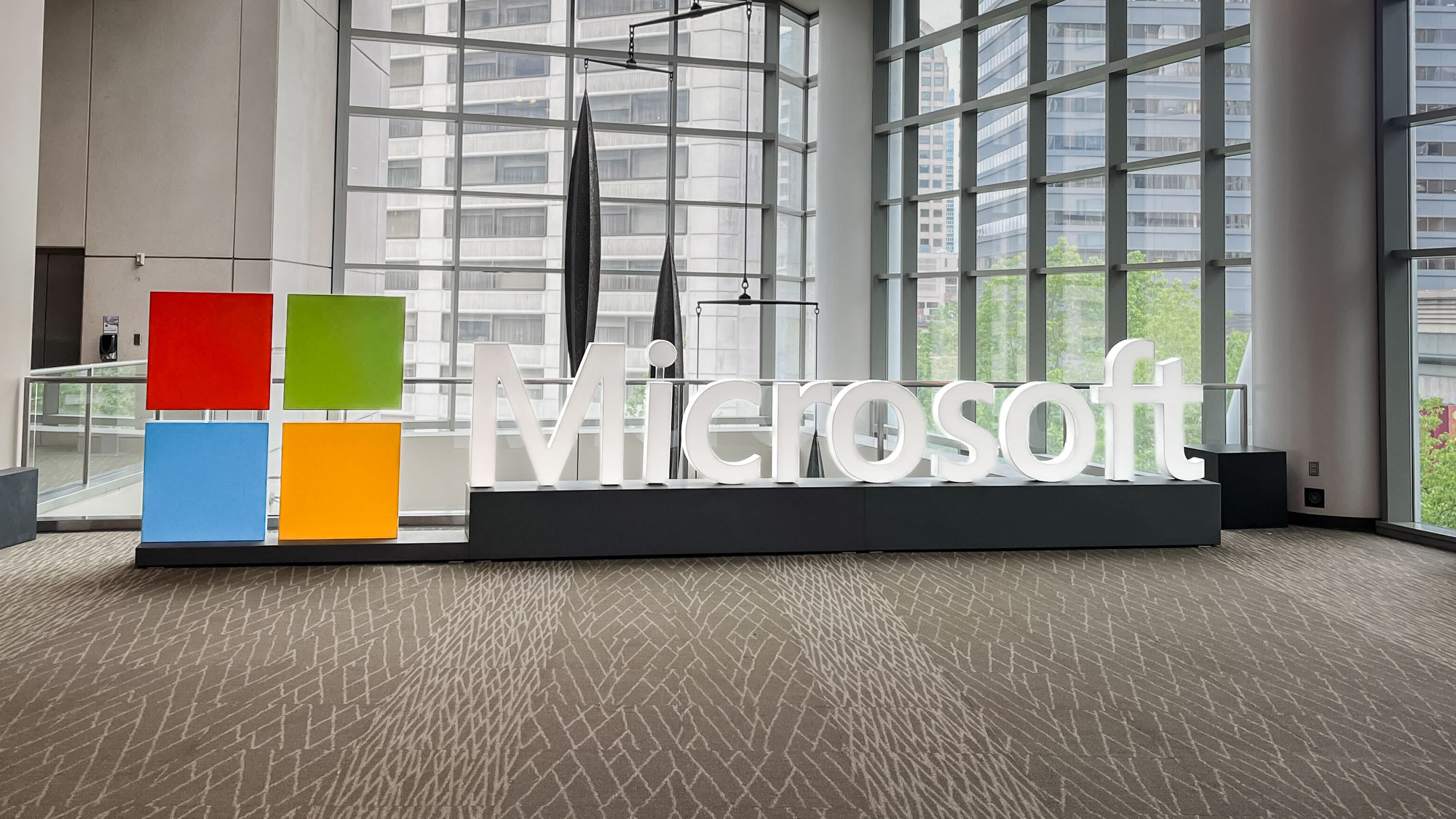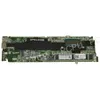Microsoft is all in on AI at Build 2025: 3 things you need to know
AI was all anyone could talk about at Microsoft's annual developer conference

Here at Tom’s Guide our expert editors are committed to bringing you the best news, reviews and guides to help you stay informed and ahead of the curve!
You are now subscribed
Your newsletter sign-up was successful
Want to add more newsletters?

Daily (Mon-Sun)
Tom's Guide Daily
Sign up to get the latest updates on all of your favorite content! From cutting-edge tech news and the hottest streaming buzz to unbeatable deals on the best products and in-depth reviews, we’ve got you covered.

Weekly on Thursday
Tom's AI Guide
Be AI savvy with your weekly newsletter summing up all the biggest AI news you need to know. Plus, analysis from our AI editor and tips on how to use the latest AI tools!

Weekly on Friday
Tom's iGuide
Unlock the vast world of Apple news straight to your inbox. With coverage on everything from exciting product launches to essential software updates, this is your go-to source for the latest updates on all the best Apple content.

Weekly on Monday
Tom's Streaming Guide
Our weekly newsletter is expertly crafted to immerse you in the world of streaming. Stay updated on the latest releases and our top recommendations across your favorite streaming platforms.
Join the club
Get full access to premium articles, exclusive features and a growing list of member rewards.
Microsoft's annual Build developer conference is happening this week (May 19-22) in Seattle, and I've been here in person to see it live.
I trucked up to Seattle to attend Build 2025 because Microsoft occasionally debuts new hardware at its annual conference, like it did last year by unveiling the Surface Pro 11 and Surface Laptop 7 with Snapdragon chips inside.
I was hoping to get a chance to go hands-on with new hardware, but I was out of luck—Microsoft unveiled a new smaller Surface Laptop and Surface Pro weeks before the event, and they were nowhere to be seen at Build 2025.
Instead, all I heard about this week was AI. From the first minutes of CEO Satya Nadella's Build 2025 keynote it became clear that Microsoft is going hard on AI this year. Since Build is a developer conference much of the talk is about how to build and troubleshoot these systems, so it's been hard to parse how these new AI tools will impact the products and services we use every day.
That said, here are the three most interesting things I've seen at Build 2025!
Github Copilot
Microsoft is rolling out a new coding agent for Github Copilot that is designed to work like an automated programmer, so ideally a coder could do things like assign annoying or repetitive tasks to Github Copilot instead of wasting human time doing the work.
I got to see this AI agent in action several times during Build 2025, and it's a great example of the sort of "agentic web" that Microsoft employees have been talking up during the event. Put simply, Microsoft envisions a future where we have many AI agents running around doing work for us in the background—and the Github Copilot coding agent can do things like plan, write and test code on its own, so ideally programmers can assign it tasks they don't want to do, then check back later to review and verify the agent's work.
Get instant access to breaking news, the hottest reviews, great deals and helpful tips.
The demos I've seen of this tool in action here at Build 2025 are impressive, and it raises interesting questions about how programming work will be done in the future.
Microsoft Discovery
Microsoft Discovery is a new platform built on Azure that aims to help scientists conduct research more efficiently using AI agents.
This is another example of Microsoft's "agentic" approach to AI, as Discovery is intended to let researchers create virtual teams of AI agents that can be instructed with specific data and guidelines to function as, for example, a "molecular properties simulation specialist" that can then assist with R&D and learn over time.
Microsoft claims this technology is already being used at places like the Department of Energy’s Pacific Northwest National Laboratory, where researchers have used it to discover a new, more efficient solid-state electrolyte candidate. I couldn't tell you what that means for science, but I can tell you this pushes Microsoft's AI further into the R&D business — and that means we'll likely see more scientific discoveries with AI help.
Microsoft 365 Copilot Tuning
This one is a bit technical, but I think it's worth knowing about because it helps reveal where Microsoft is trying to take the future of business.
The new Microsoft 365 Copilot Tuning features let you more easily create and fine-tune AI agents in Microsoft 365 Copilot Studio without knowing how to code them yourself. It's the kind of thing you'll only care about if you already use Copilot Studio, as the new Tuning features let users more easily create multiple agents and use company data to train them.
So while you might not be using Copilot Tuning to fine-tune an AI agent to order your morning coffee, chances are that in the next few years your coffee shop and businesses like it will be using these kinds of agents in all sorts of ways. Microsoft gives examples of law firms creating agents that can quickly generate legal paperwork using data and processes of the law firm itself, for example, and I expect companies will find inventive ways to employ these agents when this functionality starts rolling out in June to members of the Microsoft 365 Copilot Tuning Early Adopter Program.
Bottom line
If you made it this far, you know by now that Microsoft really was all about AI at Build 2025. I couldn't escape it no matter where I went, and the live demos I did see were pretty convincing. I still don't trust AI to reliably get things right, but I'm starting to see how it's being honed and adapted to try and fit into a broad variety of different businesses.
As a writer I have my own concerns about AI agents getting involved in my industry, but I can't help feeling a little optimistic about projects like Github Copilot and Microsoft Discovery. More help for researchers is always a good thing (once they get these AI assistants to the point where they aren't making critical mistakes), and as someone who can't code his way out of a paper bag there's real appeal to knowing one day I'll probably be able to ask AI to do all my coding for me.
Microsoft certainly thinks so, because the company is betting big on AI in 2025 and beyond.
More from Tom's Guide
- How to identify poison ivy with AI — never get a rash again
- NotebookLM just arrived on Android — and it can turn your notes into podcasts
- I made ChatGPT speak Gen Alpha slang — the results were unhinged

Alex Wawro is a lifelong tech and games enthusiast with more than a decade of experience covering both for outlets like Game Developer, Black Hat, and PC World magazine. A lifelong PC builder, he currently serves as a senior editor at Tom's Guide covering all things computing, from laptops and desktops to keyboards and mice.
You must confirm your public display name before commenting
Please logout and then login again, you will then be prompted to enter your display name.
 Club Benefits
Club Benefits






















